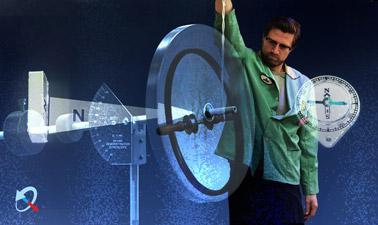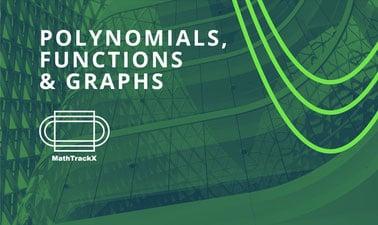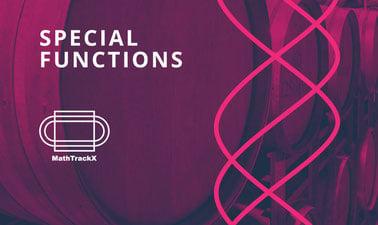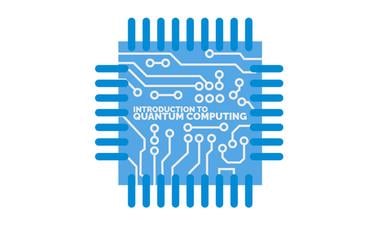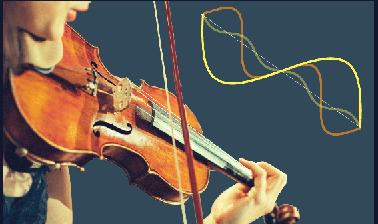Quantum Mechanics for Everyone (edX)
Categories
Effort
Languages
Learn the fundamental notions of quantum mechanics at a level that is accessible to everyone. Quantum Mechanics for Everyone is a six-week long MOOC that teaches the basic ideas of quantum mechanics with a method that requires no complicated math beyond taking square roots (and you can use a [...]
Jun 8th 2023

